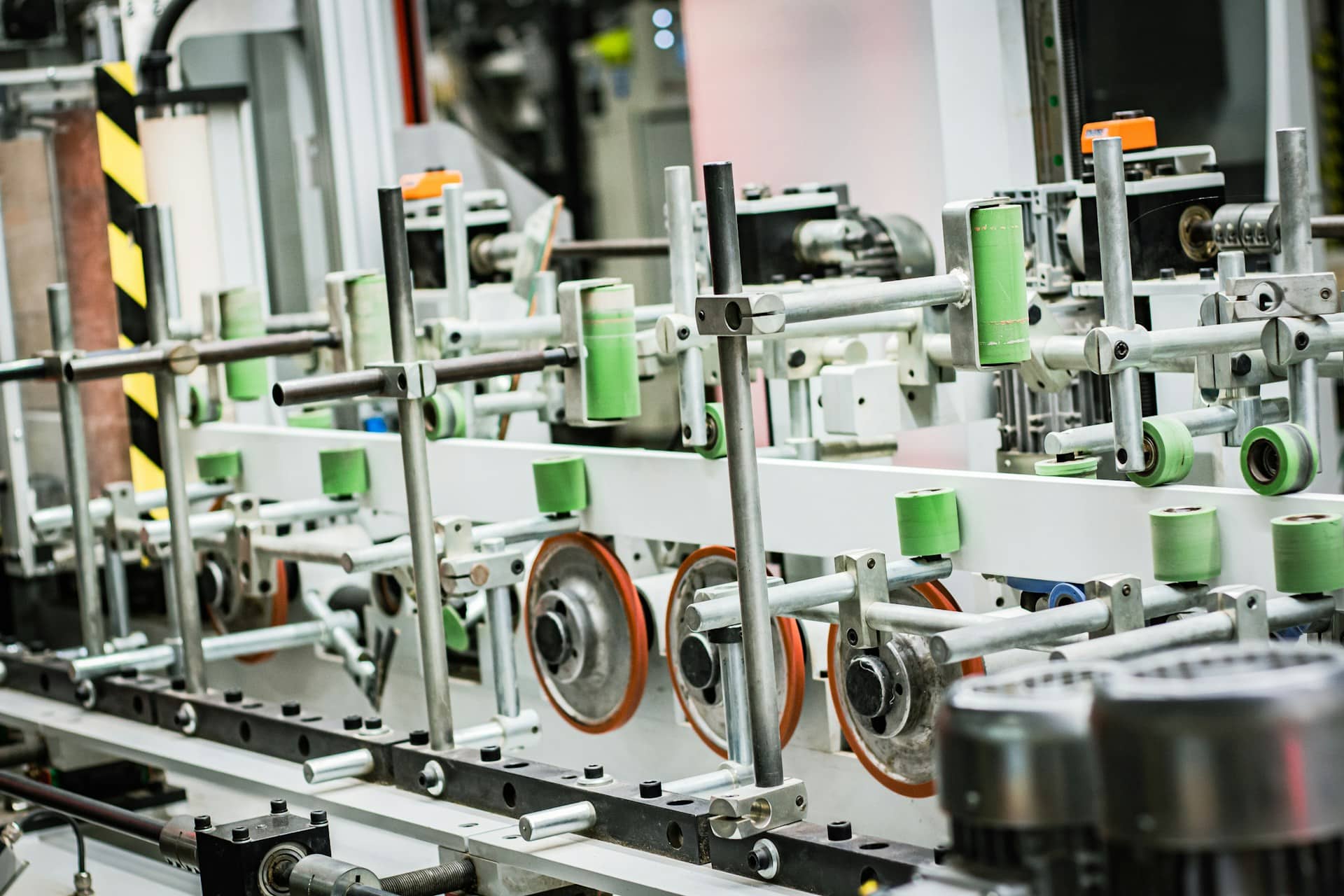How Can UK Food Processors Implement Sustainable Packaging Solutions?

Packaging is an essential element in the food industry. It protects the product, extends its shelf life, and communicates important information to the consumer. But traditional packaging, often made from non-biodegradable materials like plastic, contributes significantly to environmental pollution. As consumers become more eco-conscious, the demand for sustainable packaging in the food industry continues to surge.
So, how can UK food processors respond to this growing demand and implement sustainable packaging solutions? Let's explore this question in more detail.
Lire également : What Are the Latest Techniques in Personalized Marketing for UK Fashion Retailers?
Understanding Sustainable Packaging
Before diving into the strategies for implementing sustainable packaging, it's vital to understand what it encompasses. Sustainable packaging refers to the design and use of packaging materials that have a minimal impact on the environment. It can involve using recycled materials, reducing waste, and optimising the supply chain.
Sustainable packaging is not just about the materials used. It also involves the packaging process. This might include energy-efficient production methods, minimising waste during the packaging process, and ensuring that the packaging can be easily recycled or composted by the consumer.
A lire en complément : How Can UK Real Estate Agencies Optimize Online Platforms to Boost Sales?
Evaluating Current Packaging Materials
The first step in implementing sustainable packaging solutions is to evaluate the current materials used. Are the materials recyclable? Are they sourced from sustainable supply chains? If not, it may be time to identify alternatives.
Replacing plastic with paper, cardboard, or plant-based materials can significantly reduce the environmental footprint. However, it's important to ensure that any new materials meet the necessary food safety regulations.
Some forward-thinking businesses are exploring innovative solutions such as bioplastics made from plant waste or packaging made from edible materials. While these options may not be suitable for all products, they demonstrate the range of possibilities available.
Rethinking Packaging Design
Design plays a key role in sustainable packaging. The goal is to minimise material usage without compromising the product's protection.
Designers can consider strategies such as lightweighting, where the packaging is made as light as possible to reduce material usage and carbon emissions during transport. They can also explore modular design, which involves creating packaging that can be easily disassembled for recycling.
When rethinking design, it's also important to consider the consumer experience. Consumers are more likely to recycle packaging if it is easy to disassemble and the recycling instructions are clear.
Optimising the Packaging Process
The packaging process itself is a significant source of waste in the food industry. By optimising this process, food processors can significantly reduce their environmental impact.
This could involve implementing more efficient machinery to reduce energy usage. It could also mean improving the logistics of the packaging line to reduce waste. Some companies are even using artificial intelligence to optimise their packaging processes, reducing both waste and costs.
In addition, food processors can consider the full lifecycle of the packaging. This includes how it will be disposed of by the consumer. By ensuring that packaging is easy to recycle, businesses can help to keep materials in use for as long as possible.
Engaging with Consumers and the Supply Chain
Finally, businesses need to engage with both consumers and their supply chain to implement sustainable packaging solutions successfully.
Consumers are increasingly looking for brands that align with their values. By clearly communicating their sustainability efforts on their packaging, businesses can attract eco-conscious consumers. They can also use their packaging to educate consumers about recycling, further promoting sustainability.
Meanwhile, engaging with the supply chain can ensure that all materials are sourced responsibly. This can involve working with suppliers to improve their sustainability practices or sourcing from suppliers who prioritise sustainability.
In conclusion, sustainable packaging is a complex, multifaceted issue. It involves evaluating current materials, rethinking design, optimising the packaging process, and engaging with consumers and the supply chain. However, with careful planning, it is possible for UK food processors to implement sustainable packaging solutions and meet the demands of today's eco-conscious consumers.
Exploring Technological Innovations for Sustainable Packaging
Technology plays a critical role in the transition towards sustainable packaging. In an era where technological advancements are frequent, UK food processors can leverage these innovations to create eco-friendly packaging solutions.
One such technology is bioplastics, an alternative to traditional petroleum-based plastic. Bioplastics can be made from various renewable biomass sources like vegetable fats and oils, corn starch, or recycled food waste. These are compostable and can significantly reduce the carbon footprint of food packaging. Companies like Schoeller Allibert have been at the forefront of developing such solutions, helping businesses embrace circular economy principles in their packaging processes.
Another technology that can be explored is Intelligent Packaging. This innovative solution capitalises on digital technology to improve on product shelf life, reduce food waste and enhance recycling. It can involve the use of sensors or indicators to provide real-time information about the condition of the food and its package, ensuring maximum freshness and minimising waste.
UK food processors can also consider adopting 3D printing technology for package prototyping. It allows for quick and cost-effective testing of different designs and materials, enabling companies to experiment with sustainable solutions before implementing them fully.
The Role of Consumer Behaviour in Driving Sustainable Packaging
Consumer behaviour has a profound influence on the adoption of sustainable packaging. As awareness of the environmental impact of packaging waste increases, consumers are demanding more eco-friendly options. In response, UK food processors must consider this shift in consumer behaviour as a driving force in their transition to sustainable packaging.
Understanding how consumers perceive and interact with packaging is crucial. For instance, consumers are more likely to buy products with packaging that clearly communicates its environmental benefits. Research has shown that consumers are willing to pay a premium for products with eco-friendly packaging, suggesting a direct link between sustainability and profitability.
Food processors should also consider how packaging design can influence recycling habits. Clear labelling that communicates how to correctly dispose of or recycle the packaging can significantly increase recycling rates. Moreover, creating packaging that is easy to dismantle can also encourage consumers to recycle.
In conclusion, adopting sustainable packaging solutions in the UK food industry is no longer an option but a necessity. It's not just about reducing the environmental footprint; it's about meeting consumer expectations, staying competitive in the market, and contributing to a sustainable future. While the journey to sustainable packaging might be complex, technological innovations along with a deeper understanding of consumer behaviour can simplify the process. With the right strategies, UK food processors can successfully navigate this transition and become champions in sustainability.
